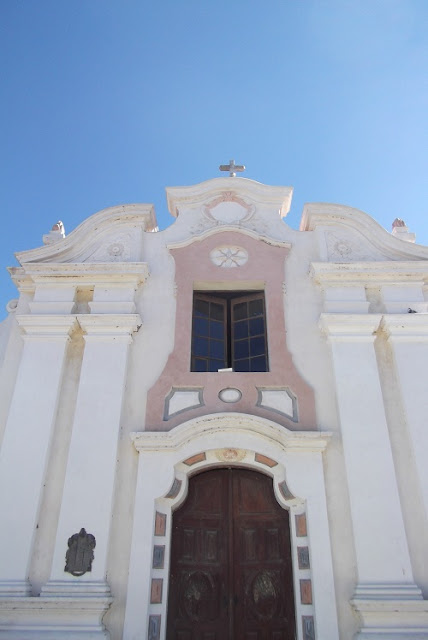This weekend, my folks, my spouse, and I went on a short road trip to Carlos Paz. I've traveled all along the U.S. east coast many times, but I always missed the opportunity to stop by and look at the mountains. As a Floridian, sandy beaches, and palm tree were more of my thing. I did however see some mountains in 2010 while vacationing with a few coworkers in upstate New York, but the sights in Carlos Paz were breathtaking.

Carlos Paz is a lot quieter than Cordoba, and you definitely get a touristy vibe. For me, it was more about taking photos, and trying not to break the camera. But I also took some snaps of the beautiful scenery as well.
Afterwards, we headed towards Alta Gracia. Along the way, I noticed that there was a great deal of beautiful farmland between Carlos Paz and Alta Gracia.

Alta Gracia is considered a "Pueblo" or a small country town. Like Kansas (or Smallville if you're into Superman).
There's a church in Alta Gracia that was founded in the early 1500's. It is a historical site. If you visit there, you'll notice that the architecture, including the wooden doors to the church has remained untouched, even after several centuries. I am not a church going person, but I was impressed by how ancient the building was. One of my cousins was actually baptized in this church.
There are a couple of street vendors near the church grounds as well as stores, restaurants, and ice cream parlors, but most of them had shut down for the afternoon for the "siesta," the period where most places close and nothing happens until around 5 p.m. But there was a park right by the church too, where families go to relax and enjoy a picnic. And that's exactly what we did.
There's a tourist center across the street from the church, which by itself makes for a nice photo. It also comes in handy if your cell phone dies out and you need to know the time.
Throughout Alta Gracia you can expect to find a variety of statues that represent historical figures, like the head statue of the legendary Eva Peron (not pictured).
So, whether you're planning on moving to the province of Cordoba or are simply visiting and want to add a few spots to your itinerary, Carlos Paz and Alta Gracia are two places you definitely want to check out.
















